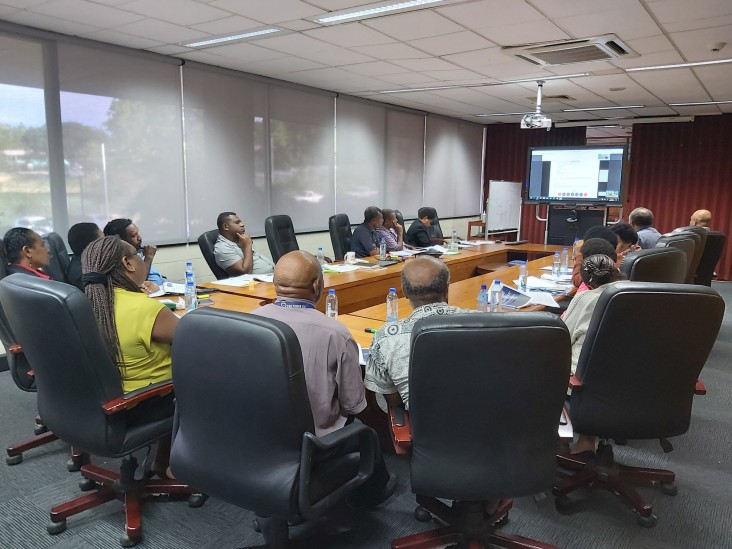Press Release Shim
Speeches Shim

For Immediate Release
The U.S. government, through the United States Agency for International Development (USAID), conducted virtual training sessions with Papua New Guinea Power Limited (PPL) on June 10-11 as part of its efforts to improve the delivery of energy services to PNG consumers.
“This training strengthens PPL, a critical institution in PNG’s energy infrastructure, and builds a foundation for strengthened governance,” said U.S. Ambassador to Papua New Guinea, Solomon Islands, and Vanuatu Erin McKee. “It also is an important deliverable of our work on the PNG Electrification Partnership, of which PPL is a key partner.”
The training, organized by USAID’s Sector Reform and Utility Commercialization (SRUC) project, is designed to improve the energy utility’s revenue collection from large consuming customers, as well as prepare for the transition to a newer meter data management system and enterprise resource planning.
More than 40 PPL staff participated in the two-day training, which focused on the review and analysis of the utility’s core data-related processes and customer database. During the training, the USAID team provided recommendations on improvements to the entry and management of data, as well as a methodology to survey, cleanse, and realign PPL’s large customer database. PPL expressed appreciation for the training and agreed to establish an internal team to oversee the implementation of the customer information survey, and develop a timeline for completing the database cleansing process.
Work under USAID’s SRUC project supports the PNG Electrification Partnership (PEP) project that aims to help electrify 70 percent of Papua New Guinea’s population by 2030. Under the PEP project, USAID seeks to connect at least 200,000 new households to electricity and institutionalize key strategies for providing energy access over the coming years.

Comment
Make a general inquiry or suggest an improvement.